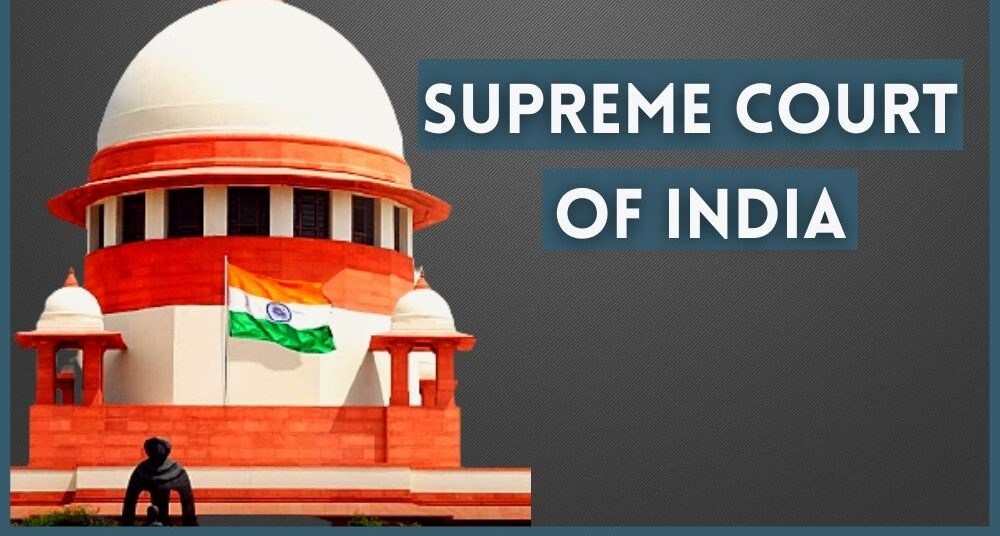The Supreme Court undertook a review of its 2019 judgment concerning a case involving the determination of juvenility, acknowledging a manifest error in its previous ruling. The Division Bench of CT Ravikumar and Rajesh Bindal deemed it necessary to rectify the mistake, ensuring that litigants do not suffer due to the Court’s oversight. In the course of correction, the Court referred to the relevant rules and precedents to address the issue effectively.
The case in question involved an appellant accused of murder who contested his conviction by raising the issue of juvenility, asserting that he was 18 years old at the time of the offence. Central to the appellant’s argument was the interpretation of Rule 12 of the Juvenile Justice (Care and Protection of Children) Rules, 2007, which outlines the procedure for determining age. The appellant advocated for prioritizing the date of birth certificate from the school over the birth certificate issued by the Corporation, as it would bolster his claim of juvenility.
However, the Supreme Court clarified that the Juvenile Justice (Care and Protection of Children) Act, 2000, and the corresponding rules of 2007 were applicable in determining juvenility, despite the offence occurring in 2000, predating the enforcement of the 2007 Rules. The Court cited precedent cases, notably Murti vs. State of Karnataka (2008) 7 SCC 517 and Hari Ram v. State of Rajasthan and Anr. (2009) (13) SCC 211, which underscored the retrospective application of the Act’s provision raising the age of juvenility to 18 years.
By referencing the appropriate legal framework and jurisprudence, the Supreme Court rectified the previous error and provided clarity on the relevant rules governing the determination of juvenility in the case at hand. This corrective measure ensures adherence to legal principles and safeguards the rights of the accused in judicial proceedings.






